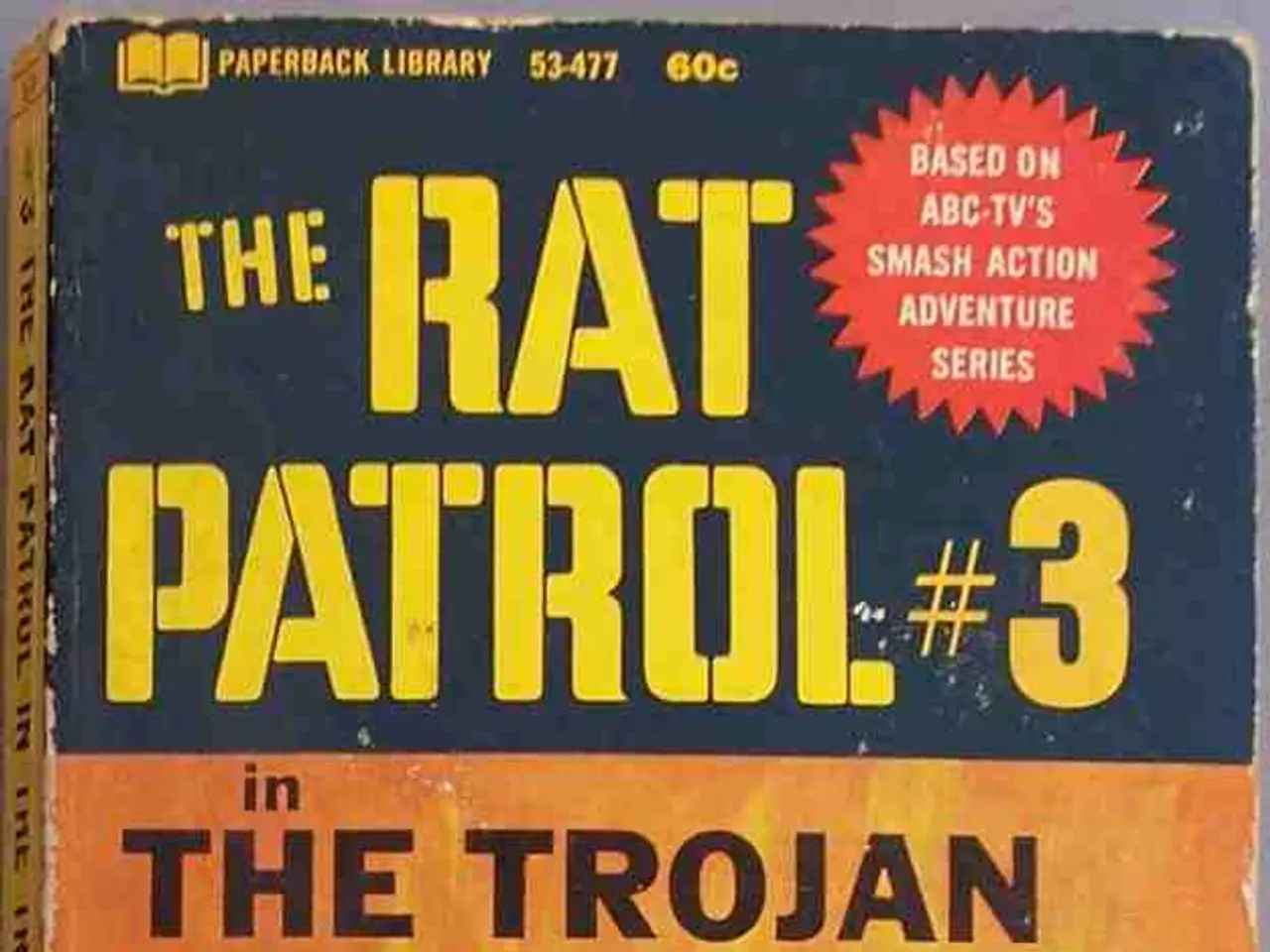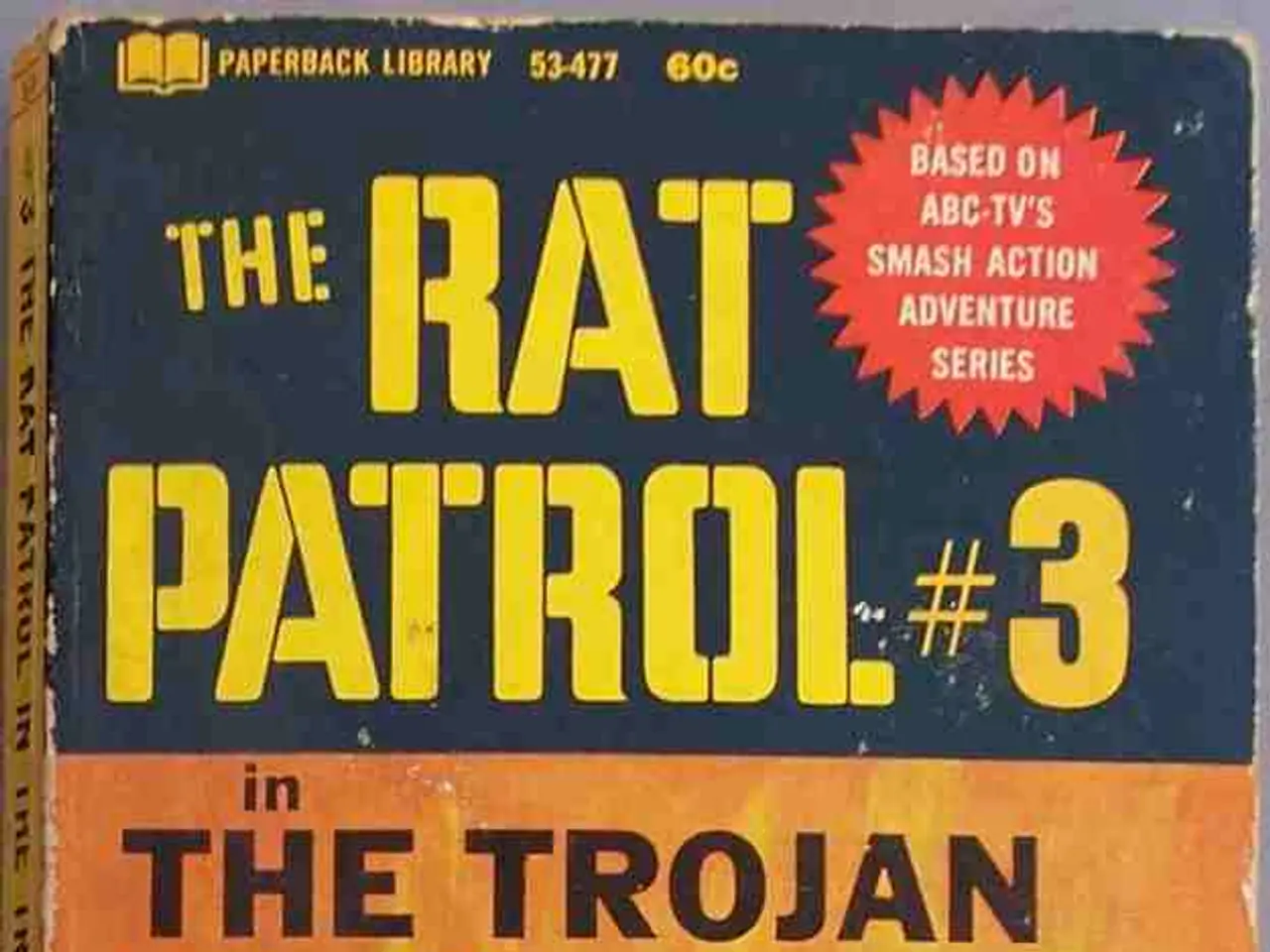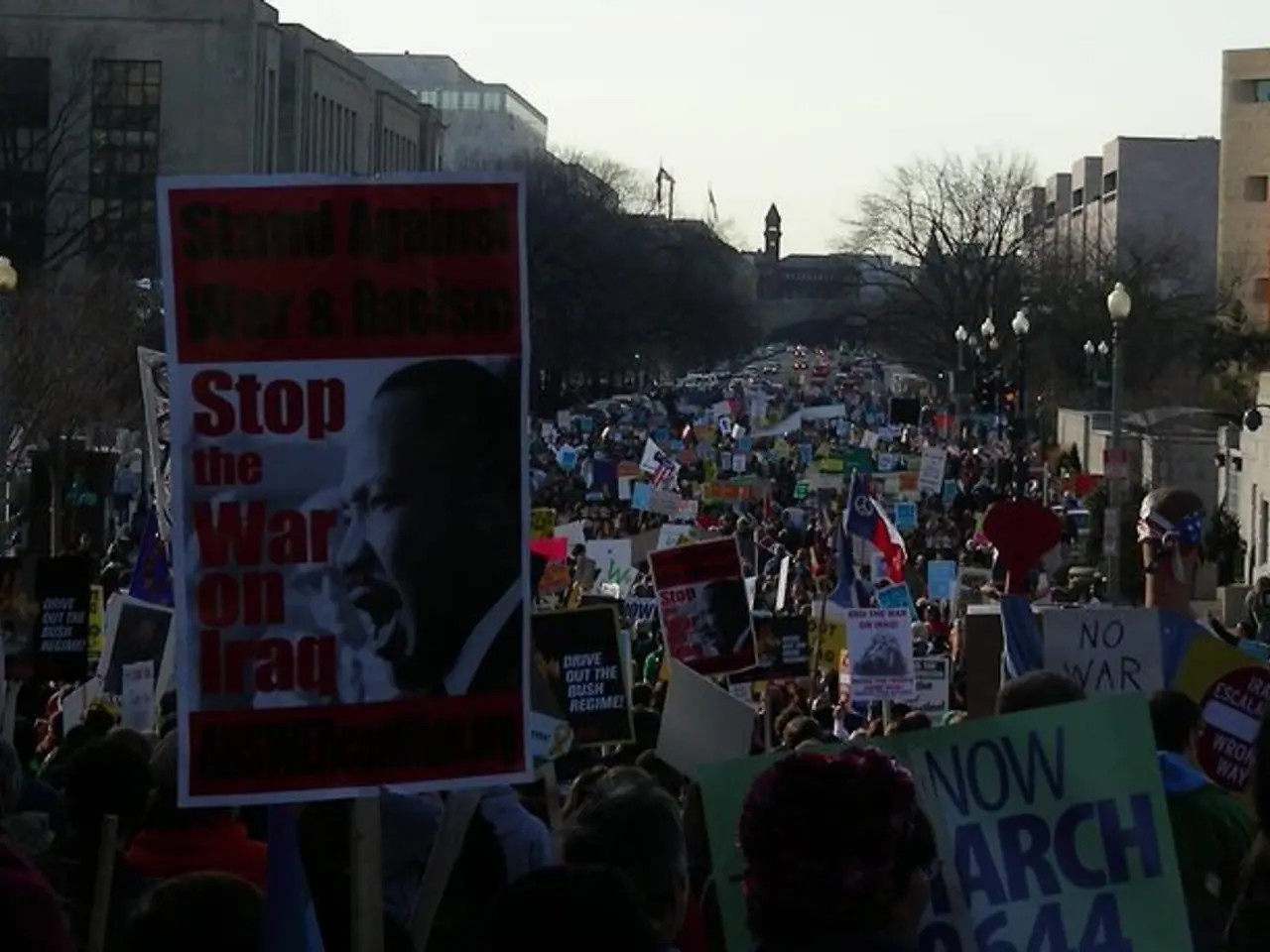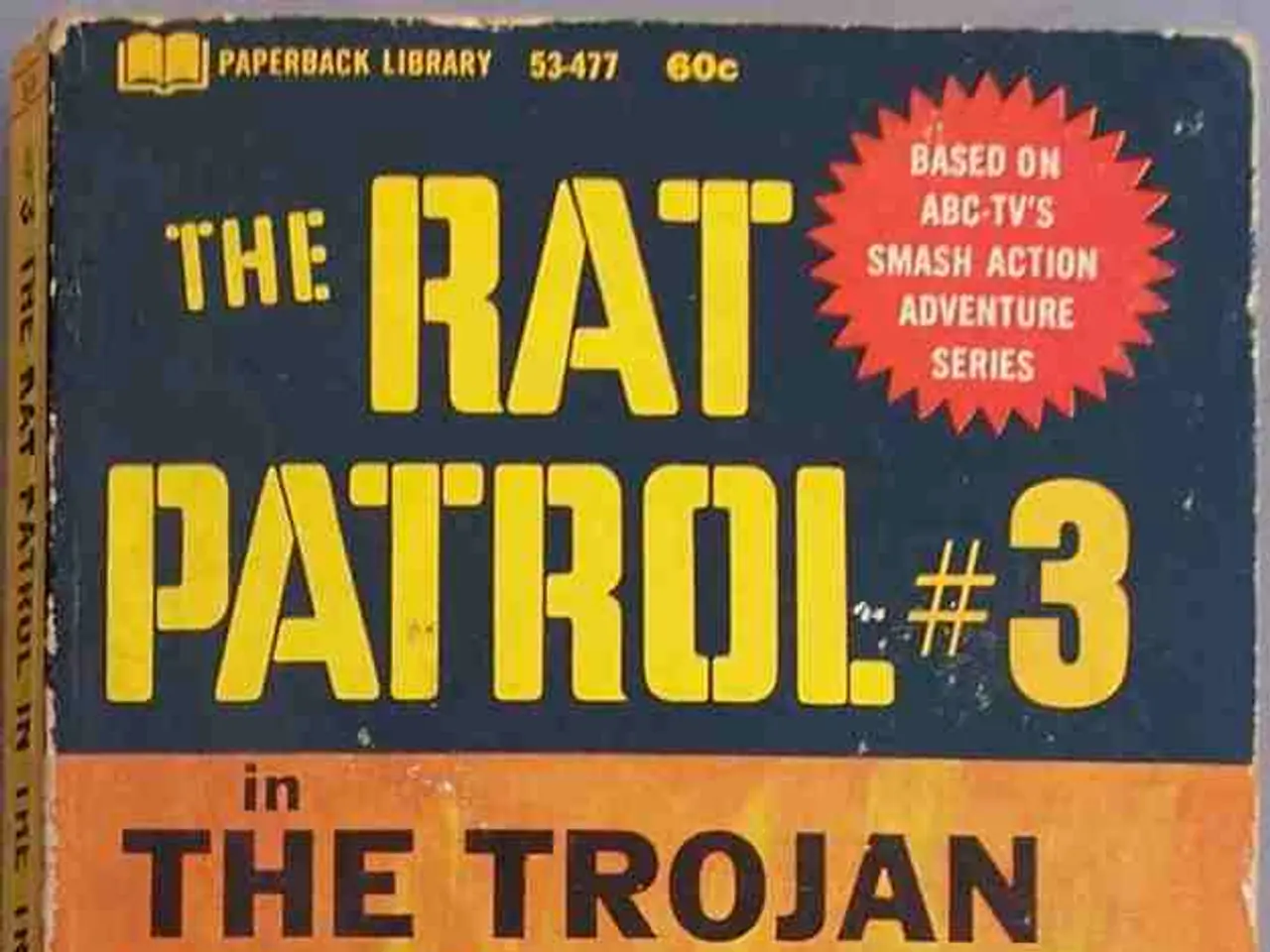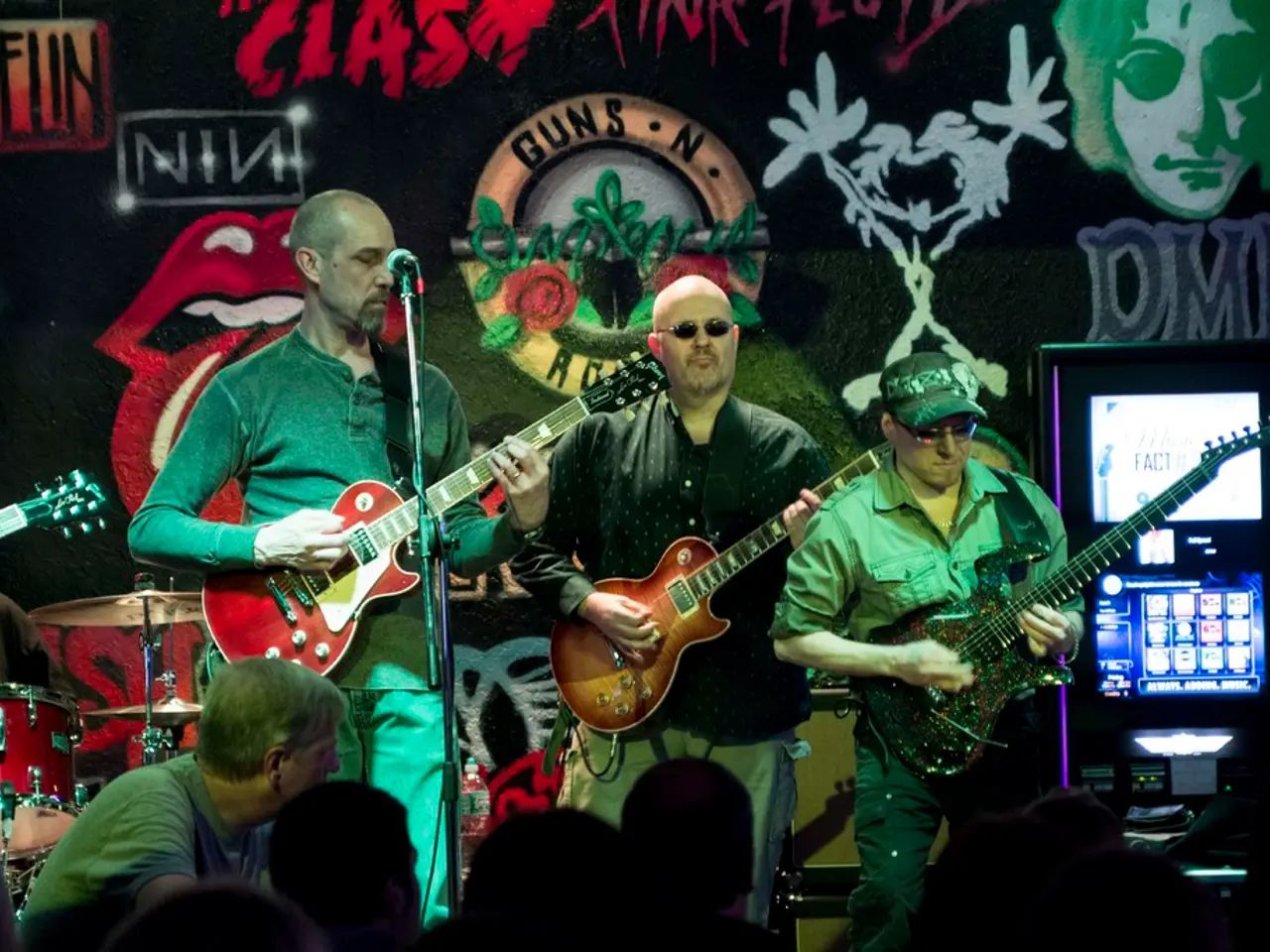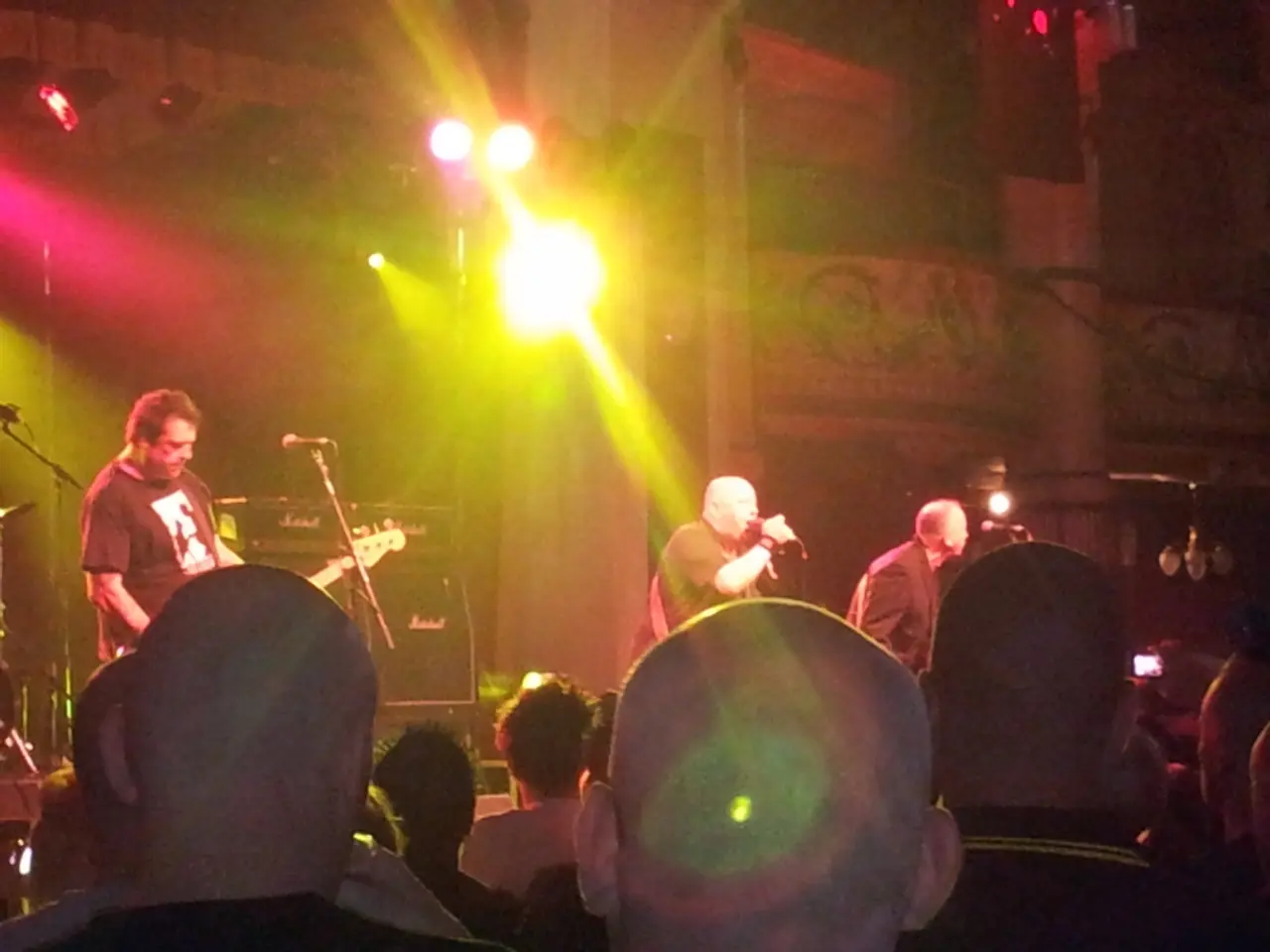Post-War Repression In Iran: Persistent government control and restrictive measures enforced after the war in Iran.
In the aftermath of the intense twelve-day war between Iran and Israel in June 2025, Iran's political landscape has significantly shifted, marked by a severe crackdown on dissent, mass arrests, executions, and intensified repression.
Esmail Fekri, Eris Ali, Azad Shodjaei, Rasul Ahmad, Majid Mosaheb, Mohammad Amin Mahdavi Shajesteh, Mehdi Hassani, Behruz Ehsani Eslamlu, and several others have been executed on charges such as "cooperation with and espionage for Israel." The prison guards made no attempts to rescue the prisoners during the attacks.
Following the conflict, Iranian authorities have intensified political repression under the pretext of national security. At least six people were reportedly executed on charges of "espionage for Israel," including three Kurdish men. Hundreds of arrests have been made involving journalists, human rights defenders, social media users, foreign nationals, and members of ethnic and religious minorities such as Baha'is, Kurds, Balouchis, and Ahwazi Arabs.
Notable cases include human rights defender Hossein Ronaghi and his brother, detained amid this crackdown, and the Swedish-Iranian researcher Ahmadreza Djalali, who faces imminent execution with his whereabouts unknown. This crackdown follows the ceasefire, but experts warn against using post-conflict conditions to justify repression.
The campaign includes secret and arbitrary executions, including of political dissidents like Behrouz Ehsani and Mehdi Hassani, sentenced on broadly defined offenses such as "armed rebellion against the state," "enmity against God," and "corruption on earth." Amnesty International and UN human rights experts have condemned these executions and the broader repression as serious violations of international human rights law.
The number of executions in Iran has surged dramatically, with at least 612 executions in the first half of 2025 alone—more than double the previous year’s figure—making Iran the highest per capita user of capital punishment globally. A large portion of those executed were convicted on drug-related or vaguely defined political charges.
In addition, there has been a massive escalation in the expulsion of Afghan refugees, largely ethnic Afghans who have lived in Iran for decades. Since the escalation of hostilities with Israel in June 2025, over half a million Afghans have been expelled, subject to arbitrary arrests, home raids, and forcible returns to Afghanistan despite the severe humanitarian risks they face there under Taliban rule.
Meanwhile, Iran is experiencing an unprecedented crisis of simultaneous water and power outages in the extreme summer heat. The trauma experienced by citizens, especially children, during these 12 days will leave a lasting impression. The government's response to the protests has been the deployment of security forces and the arrest of protesting citizens.
Motahareh Gunei, a former student activist and prisoner, published a report detailing air strikes by the Israeli army on Wing 209 of Evin Prison. During her arrest, Motahareh was subjected to violence, including being shot at and having her arm broken. Her report mentions the presence of 14 other women in wing 209 at the time of the attack.
The Islamic Republic of Iran has implemented a policy of intimidation through fear, targeting the Baha'i religious minority for systematic oppression. About 2000 people were arrested in Iran after the ceasefire for their connections to the enemy.
Representatives of the Islamic Consultative Assembly recently passed a bill to aggravate penalties for espionage and cooperation with the Zionist regime and hostile states, which prescribes the death penalty for some of these offenses. Some citizens have been protesting repeated water and power outages, chanting "Water, power, life, that is our inherent right."
Serious concerns remain about the situation of some prisoners like Ahmadreza Djalali, a dual national and political prisoner sentenced to death. Iranian President Massoud Peschkian lamented the severe decline in water resources for the capital Tehran. Israel's air and missile strikes targeted not only military and strategic infrastructure but also disrupted the daily lives of millions of people.
The international community, including UN human rights officials and Amnesty International, has strongly condemned these trends and called for moratoriums on the death penalty and respect for basic human rights.
In the wake of the intensified repression within Iran following the war-and-conflicts between Iran and Israel, political figures like Behrouz Ehsani and Mehdi Hassani have been executed on charges of crime-and-justice, such as "espionage for Israel" and "armed rebellion against the state." The continued arrests of general-news reporters, human rights defenders, and members of ethnic and religious minorities underscores the intensified politics centered around national security. However, the international community, including UN human rights officials and Amnesty International, have strongly condemned these trends and called for moratoriums on the death penalty and respect for basic human rights.
